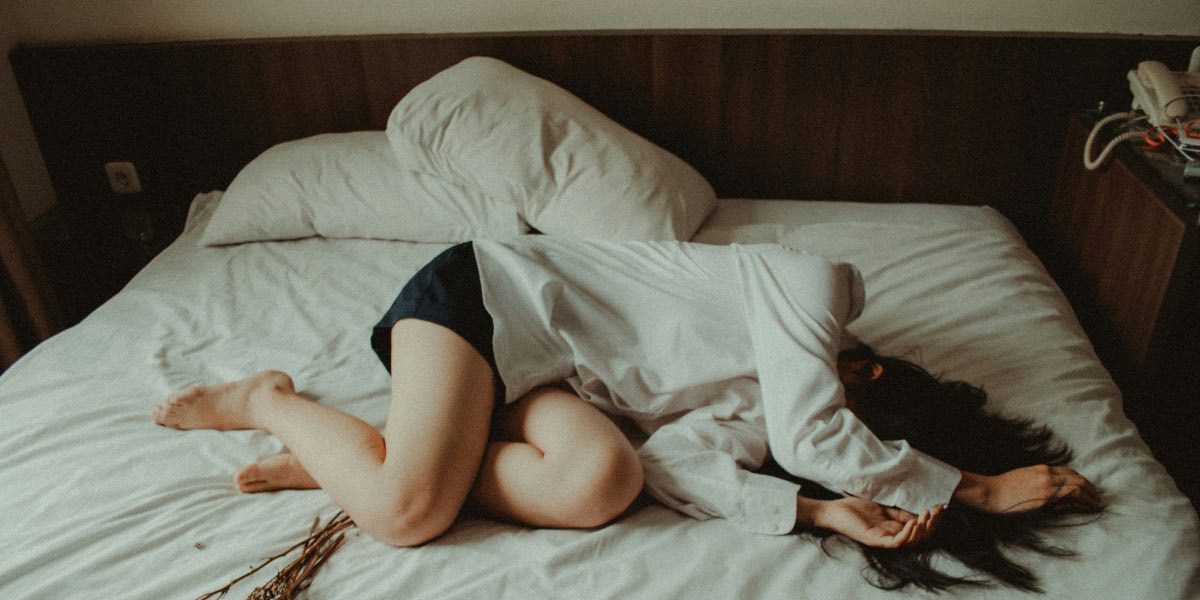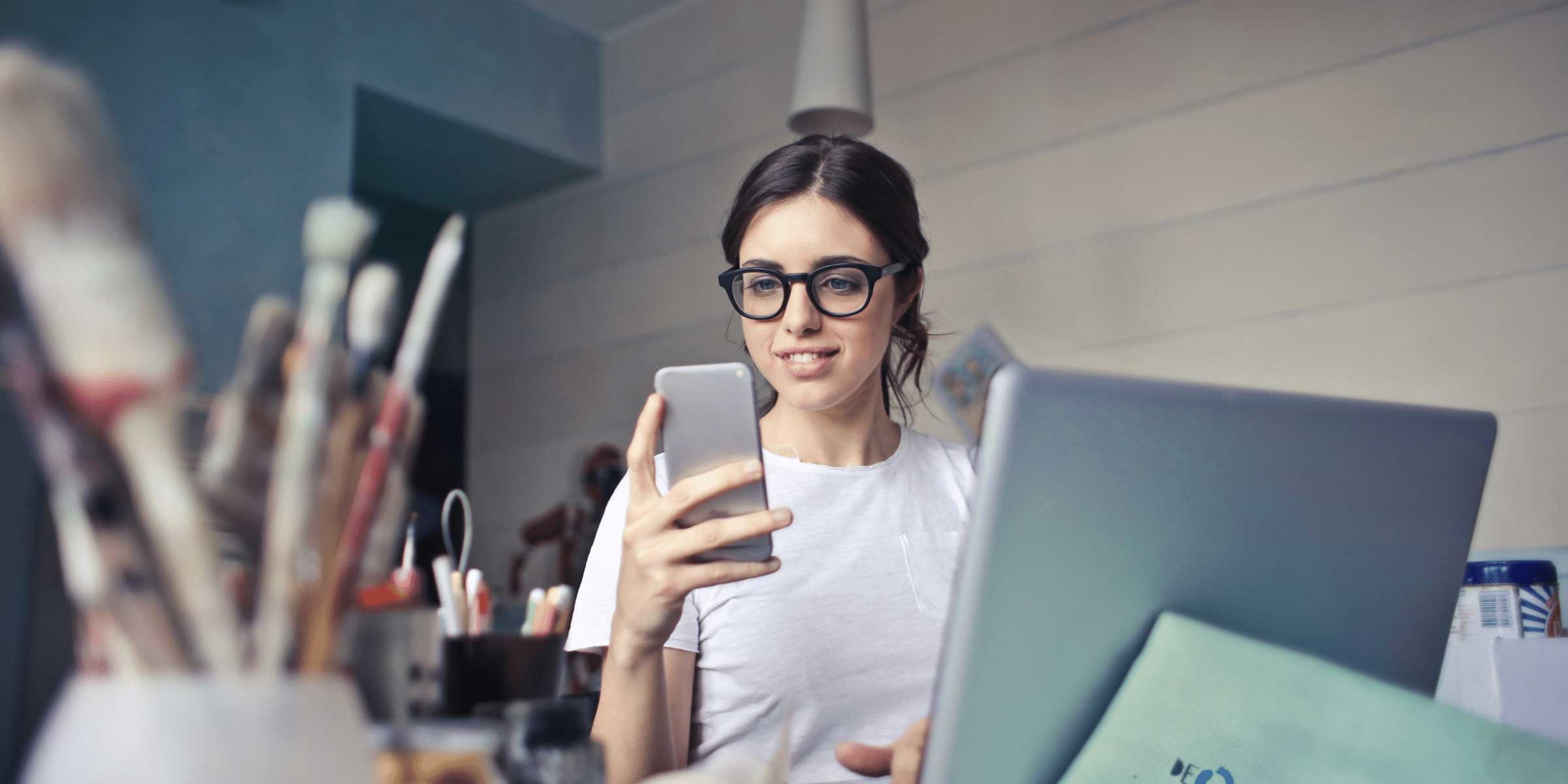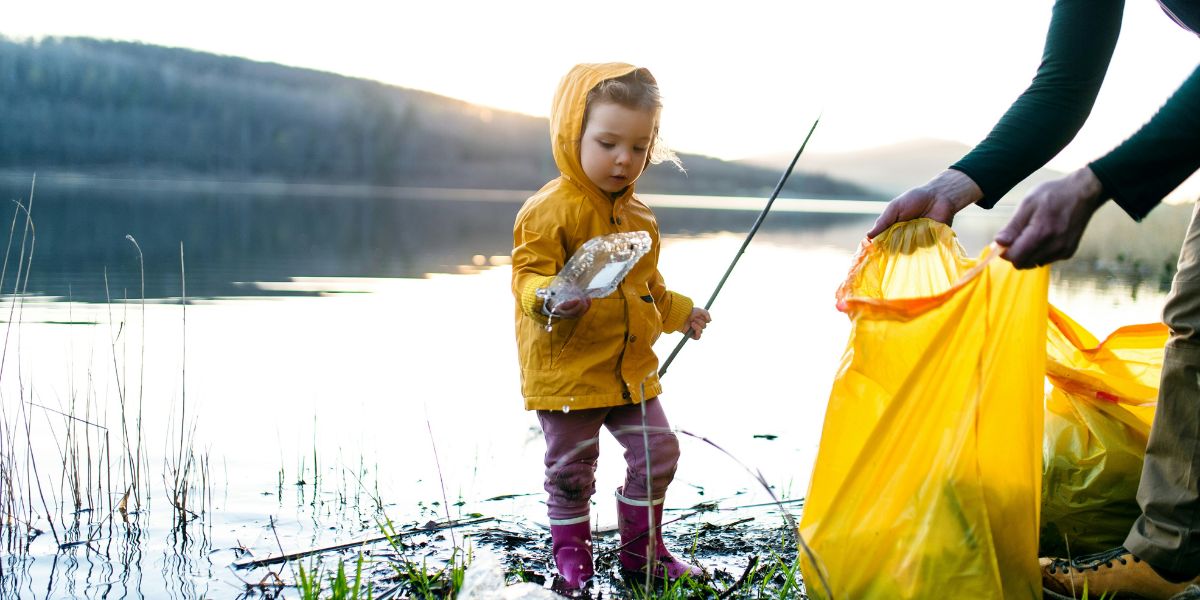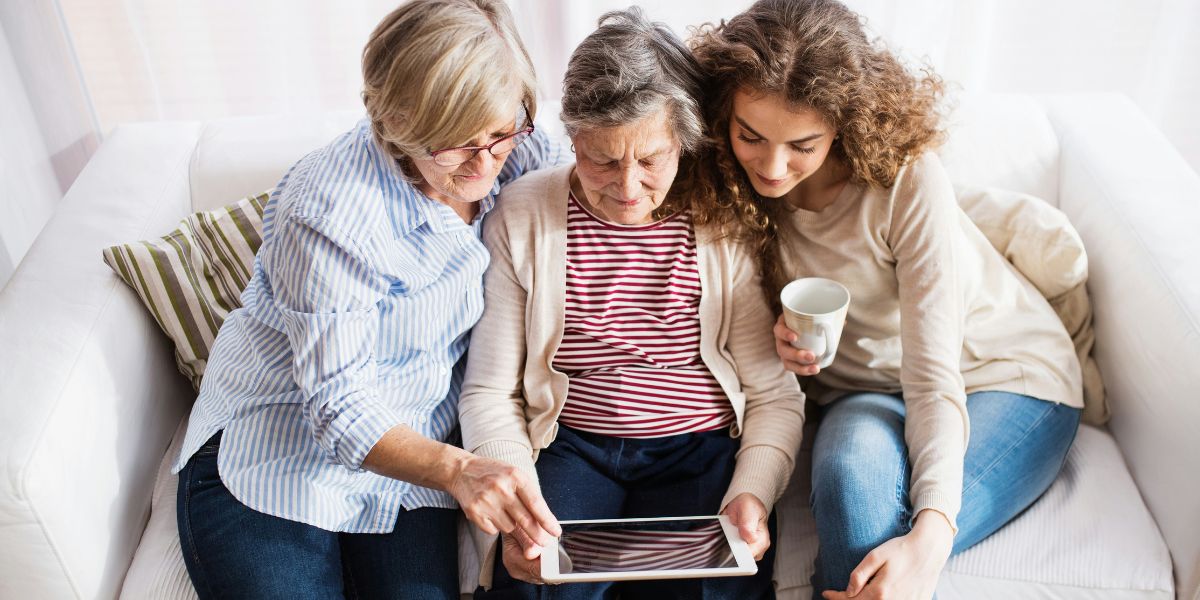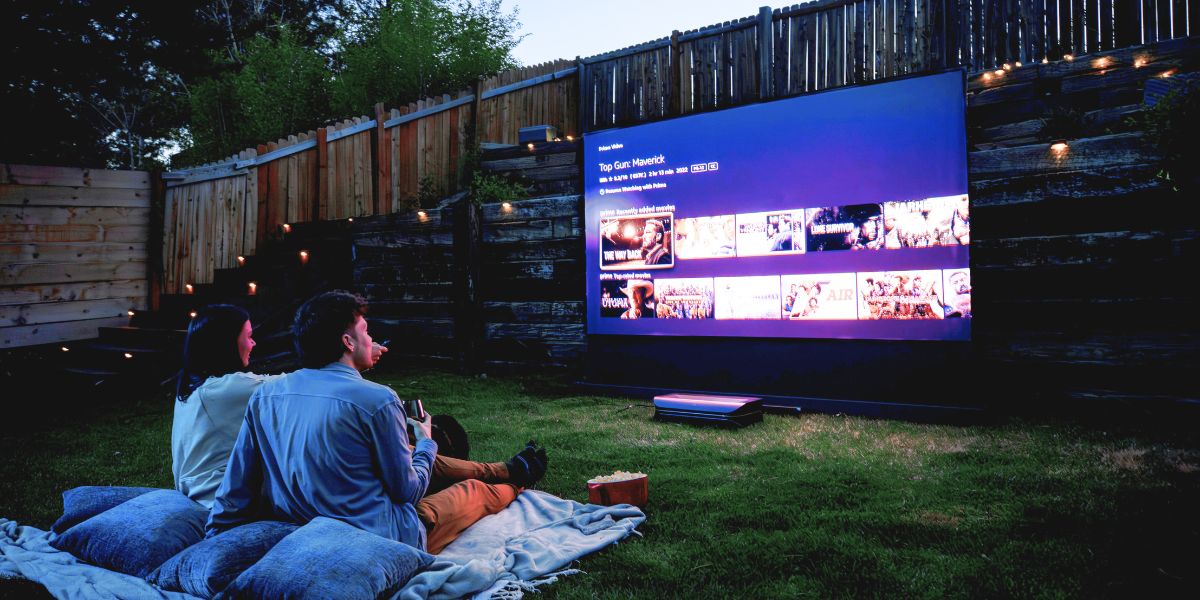In today’s retail landscape, sustainability and environmental consciousness are becoming increasingly important factors for consumers when making purchasing decisions. One innovative approach that retailers are embracing to meet these demands is upcycling – the process of repurposing discarded materials or products to create something new and of higher value. In Virginia, where a strong sense of community and environmental stewardship prevails, upcycling presents a unique opportunity for retailers to differentiate their brands, attract eco-conscious consumers, and make a positive impact on the planet. In this article, we’ll delve into the world of upcycling in retail and explore how it can take your brand far in the Commonwealth of Virginia.
What is Upcycling?
Before diving into its implications for retail, let’s first understand what upcycling entails. Unlike recycling, which involves breaking down materials to create new ones, upcycling involves creatively repurposing existing materials or products to give them new life and added value. This can include transforming old clothing into trendy fashion pieces, turning discarded furniture into unique home décor items, or converting industrial waste into innovative packaging materials. Upcycling not only reduces waste and conserves resources but also fosters creativity, innovation, and sustainability in the retail industry.
Moreover, upcycling encourages consumers to rethink their relationship with material possessions and embrace a more mindful and sustainable approach to consumption. By giving old or unwanted items a new lease on life, upcycling promotes a circular economy where resources are used more efficiently, waste is minimized, and environmental impact is reduced.
The Rise of Upcycling in Retail
In recent years, upcycling has gained momentum in the retail sector as both consumers and businesses increasingly prioritize sustainability and ethical consumption. Retailers are embracing upcycling as a way to differentiate their brands, attract eco-conscious consumers, and align with their values and preferences. From small independent boutiques to large multinational corporations, retailers across Virginia are incorporating upcycled products into their offerings, from clothing and accessories to home goods and beauty products.
Furthermore, upcycling offers retailers a unique opportunity to tell a compelling story about their brand and values. By highlighting the craftsmanship, creativity, and sustainability behind upcycled products, retailers can connect with consumers on a deeper level and build loyalty and trust. Additionally, upcycling can provide a competitive advantage for retailers in Virginia’s crowded retail market, helping them stand out from the competition and appeal to environmentally conscious consumers who are increasingly seeking out sustainable and ethical brands.
Benefits of Upcycling for Retailers
For retailers in Virginia, embracing upcycling offers a host of benefits beyond just environmental sustainability. One of the primary advantages is cost savings, as upcycling often involves using materials that are readily available or inexpensive to acquire. By repurposing existing materials or products, retailers can reduce their reliance on new raw materials and manufacturing processes, resulting in lower production costs and higher profit margins.
Additionally, upcycling can drive innovation and creativity within retail businesses, inspiring designers, artisans, and entrepreneurs to think outside the box and experiment with new materials, techniques, and designs. This can lead to the development of unique and innovative products that capture consumers’ attention and differentiate retailers from their competitors. Moreover, upcycling can enhance brand reputation and social responsibility, as retailers demonstrate their commitment to sustainability, environmental stewardship, and ethical business practices.
Examples of Upcycling in Retail
To illustrate the potential of upcycling in retail, let’s look at some examples of how retailers in Virginia are incorporating upcycled products into their offerings:
- Fashion and Apparel: Boutique clothing stores in Virginia are partnering with local designers and artisans to create upcycled fashion collections made from reclaimed fabrics, vintage textiles, and pre-loved clothing. These unique and eco-friendly fashion pieces appeal to consumers who value sustainability and individuality.
- Home Goods and Décor: Home décor retailers in Virginia are curating collections of upcycled furniture, accessories, and décor items made from salvaged wood, reclaimed metal, and recycled glass. These one-of-a-kind pieces add character and charm to homes while reducing waste and environmental impact.
- Beauty and Personal Care: Cosmetic companies in Virginia are incorporating upcycled ingredients and packaging materials into their beauty and personal care products. From skincare products made from leftover fruit and vegetable peels to makeup palettes housed in recycled plastic containers, these eco-friendly beauty products appeal to environmentally conscious consumers.
Resonating with Consumers
In conclusion, upcycling presents a unique opportunity for retailers in Virginia to differentiate their brands, attract eco-conscious consumers, and make a positive impact on the planet. By embracing upcycling, retailers can reduce waste, conserve resources, drive innovation, and enhance brand reputation and social responsibility. Whether it’s through fashion and apparel, home goods and décor, or beauty and personal care products, upcycling offers endless possibilities for retailers to create unique, sustainable, and desirable products that resonate with consumers and contribute to a more sustainable future for Virginia and beyond.



